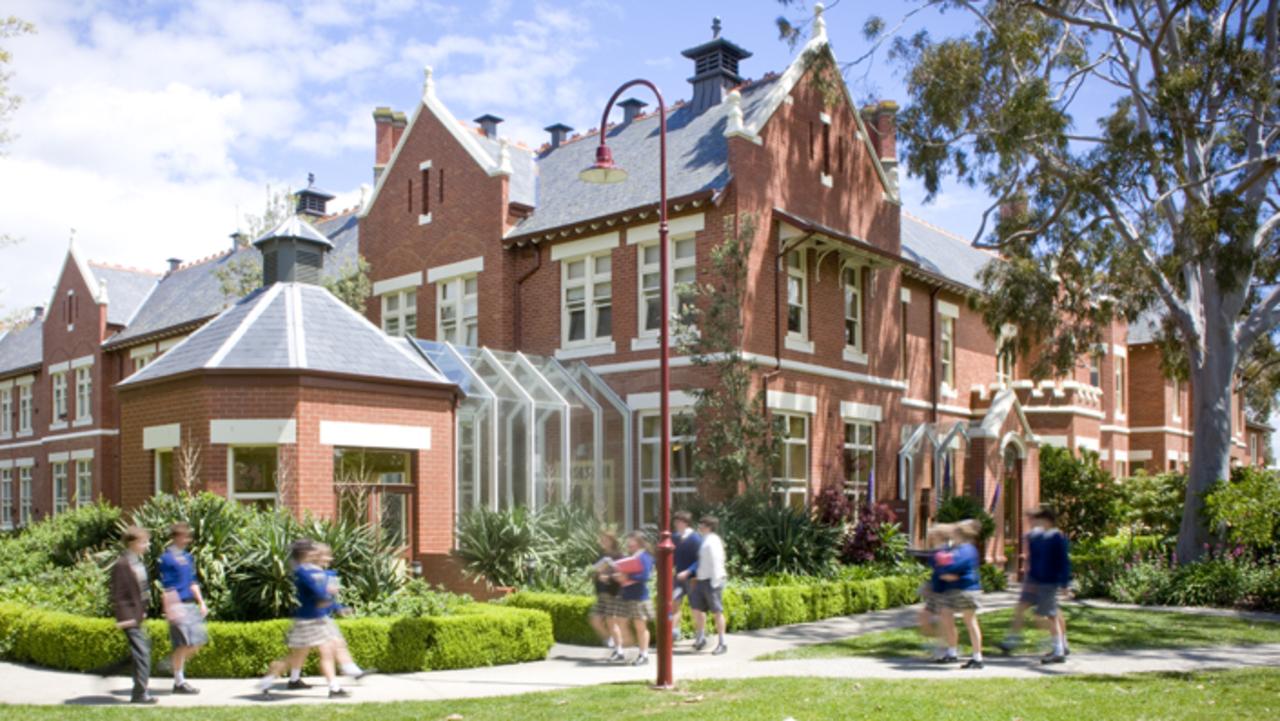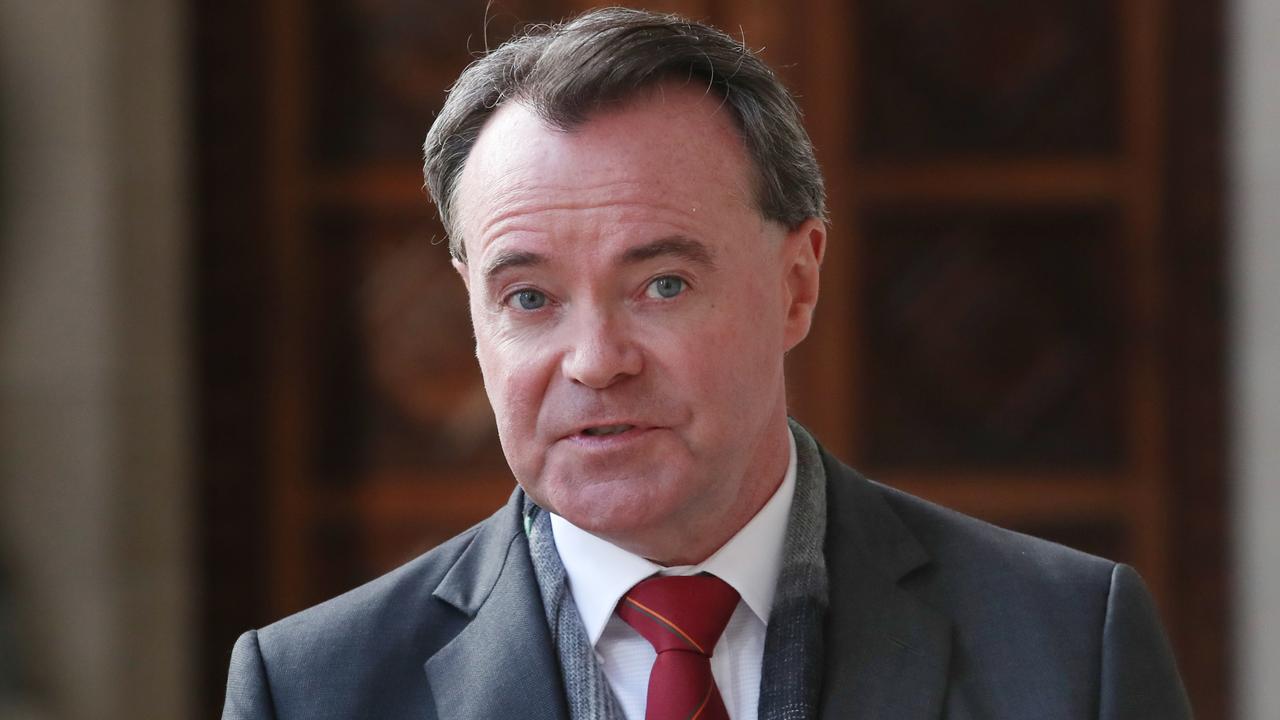Claim that some Aussie air traffic controllers are working more than 800 hours overtime a year
Aviation industry insiders claim a shortage of expert air traffic controllers in Melbourne and Australia-wide could end in disaster, as fatigued staff work hundreds of hours overtime a year to keep air space open.
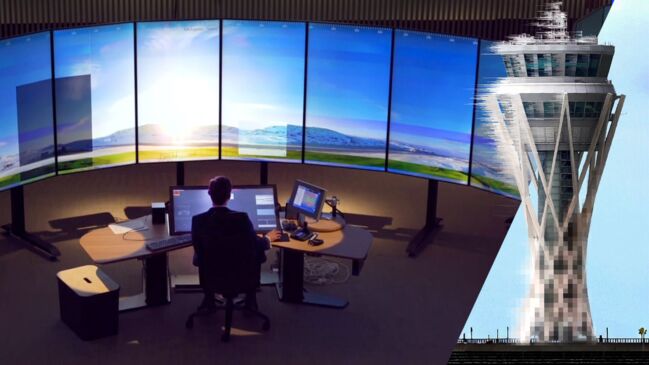
Victoria
Don't miss out on the headlines from Victoria. Followed categories will be added to My News.
Aviation industry insiders have warned a shortage of expert air traffic controllers in Melbourne and Australia-wide could end in catastrophe, as exhausted staff are pushed to the limit and pressured to work hundreds of hours overtime.
Sources have told the Herald Sun some controllers are lying to avoid working longer shifts when called upon, because they are so worn out.
The Australian air traffic controllers’ union, Civil Air, told the Herald Sun on Thursday its members were reporting fatigue “as controllers are asked to constantly work overtime to keep airspace open”.
“Some of our members have worked over 800 hours of overtime in the past twelve months,” it said, adding morale was now so low air traffic controllers (ATCs) were leaving to work in other countries.
“In the past two months Civil Air has witnessed a sharp uptick in controllers resigning from
Airservices Australia, often to take up job offers from international air navigation service
providers, particularly in Europe and the Middle East,” it said.
Airservices strongly disputes that claim, saying the reverse is true, with overseas controllers seeking to work in Australia.
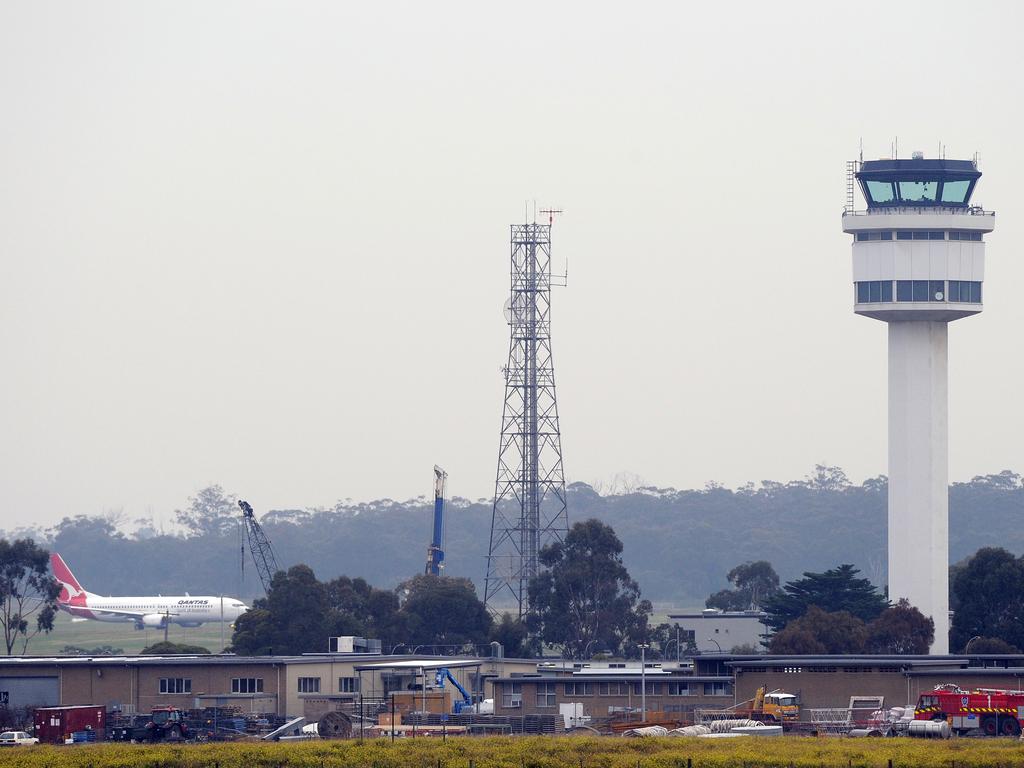
Airservices Australia is the nation’s air navigation service provider.
When there were not enough staff available to provide an air traffic control service, air space or towers had to close — sometimes to allow controllers to take rest breaks from the intensive, high-responsibility and fast-paced work, Civil Air said.
“At major airports, reduced staffing leads to a reduction in the rate of arrivals the airport can safely handle every hour, which may lead to delays or cancellations of flights,” it said.
“Ineffective management of fatigue can have severe safety consequences … high levels of fatigue have a severe negative impact on human performance and the quality of decision making.
“In circumstances where a single controller may be responsible for dozens of aircraft, each with hundreds of lives on board, the consequences of impaired decision making could be catastrophic.”
Civil Air said it acknowledged Airservices Australia’s efforts to ramp up recruitment and training of new controllers, to try and offset the staffing crisis sparked by the incentivised retirements in 2021 of more than 140 experienced staff members.
But while new controllers had been recruited, trained and licenced, many of them were able to work only one sector of air space or one position in a tower, as opposed to the majority of the fully-endorsed controllers who were let go, and qualified to work across numerous positions on top of their specialist roles.
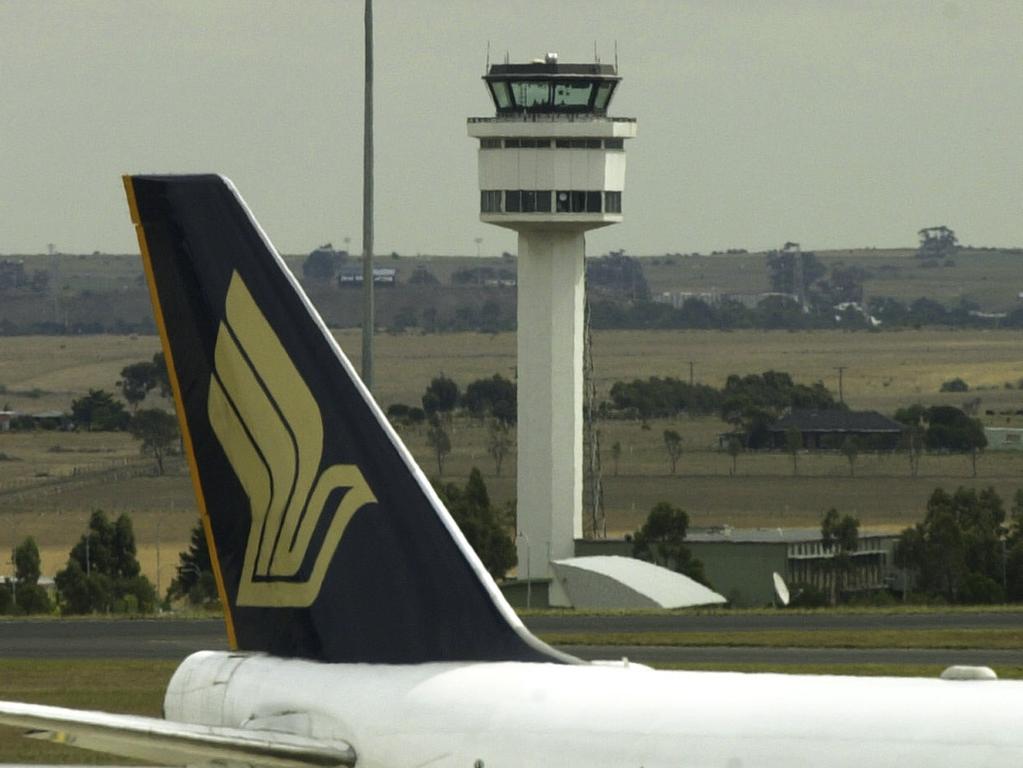
“This has led to a loss of flexibility with the smaller number of fully endorsed staff in some groups experiencing significant roster instability in order to keep air space open,” Civil Air said.
Air Services Australia is a government-owned organisation, regulated by the Civil Aviation Safety Authority, which is responsible for managing air traffic in 11 per cent of the world’s air space, as well as the provision of aviation rescue fire fighting services at the country’s busiest airports.
It told the Herald Sun safety was its top priority but conceded that “during periods of high air traffic demand, inclement weather or unplanned employee leave”, controllers could be asked to extend their shifts.
“Any such requests are in line with the principles of rostering in our ATC Enterprise Agreement and fatigue risk management procedures,” a spokeswoman said.
She added there were “sufficient ATCs rostered on at our Melbourne tower to manage our air traffic management services at Melbourne Airport”.
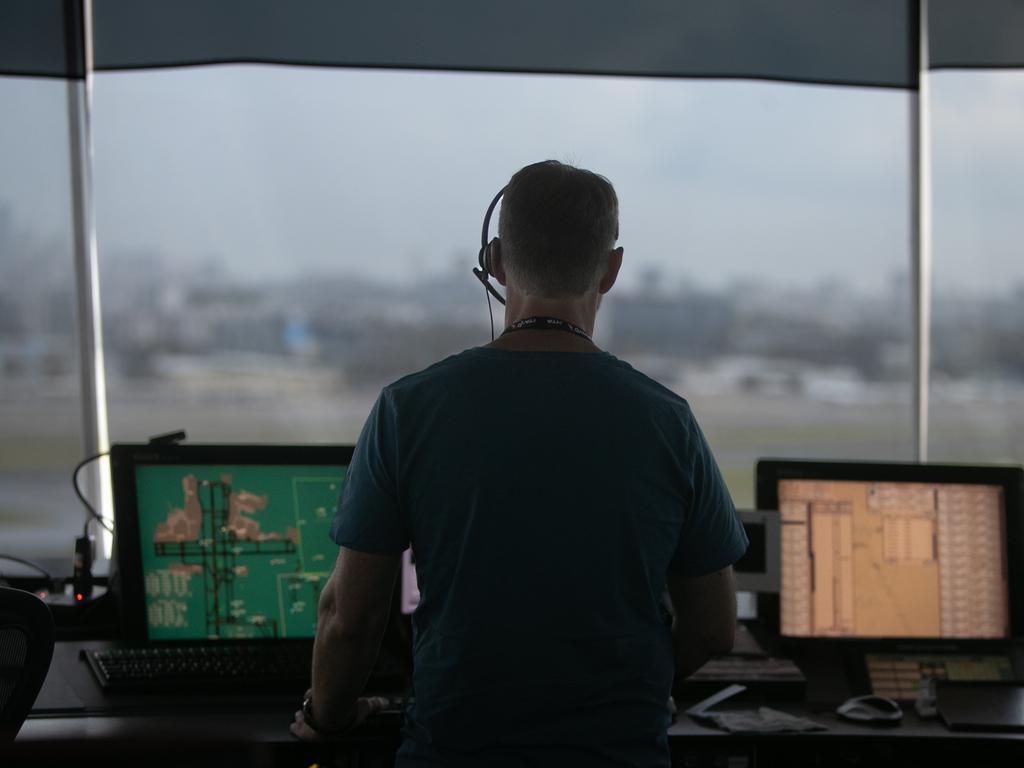
Airservices’ ATCs were charged with managing the safe and orderly flow of aircraft into, out of, and between airports throughout Australia and with overseas regions adjoining Australian airspace, she said.
They were based around the country and at Airservices’ two major centres in Melbourne and Brisbane, with new recruits typically trained at Airservices’ Melbourne Academy and on the job for between 18 months to two years.
“We are continuing to invest in our workforce across Australia to improve resilience, including by recruiting and training 100 ATCs nationwide since 2020,” the spokeswoman said.
“Up to 85 additional air traffic controllers are expected to be endorsed in 2025 to add further depth to our rosters and ensure we remain over our minimum numbers to account for unplanned workforce issues.”
The spokeswoman disputed the union’s claims that fed-up Australian ATCs were moving internationally.
“Airservices’ ATC attrition rate for calendar year 2024 was 2.3 per cent or 23 staff (while we hired 109), and there have been three departures since the start of the year, so the monthly trend is consistent.Airservices is not aware of any surge in ATCs leaving to work in the Middle East, rather we are receiving a number of inquiries from ATCs overseas wishing to work at Airservices,” she said.
More Coverage
Originally published as Claim that some Aussie air traffic controllers are working more than 800 hours overtime a year





